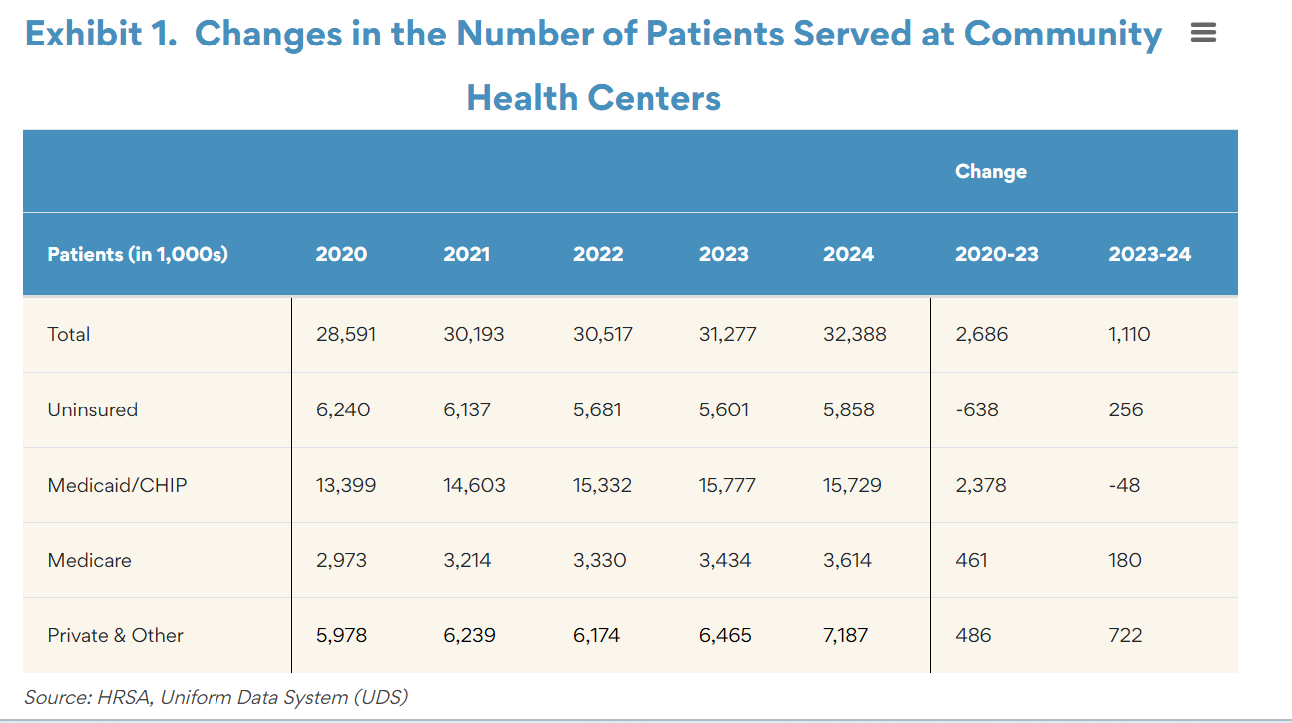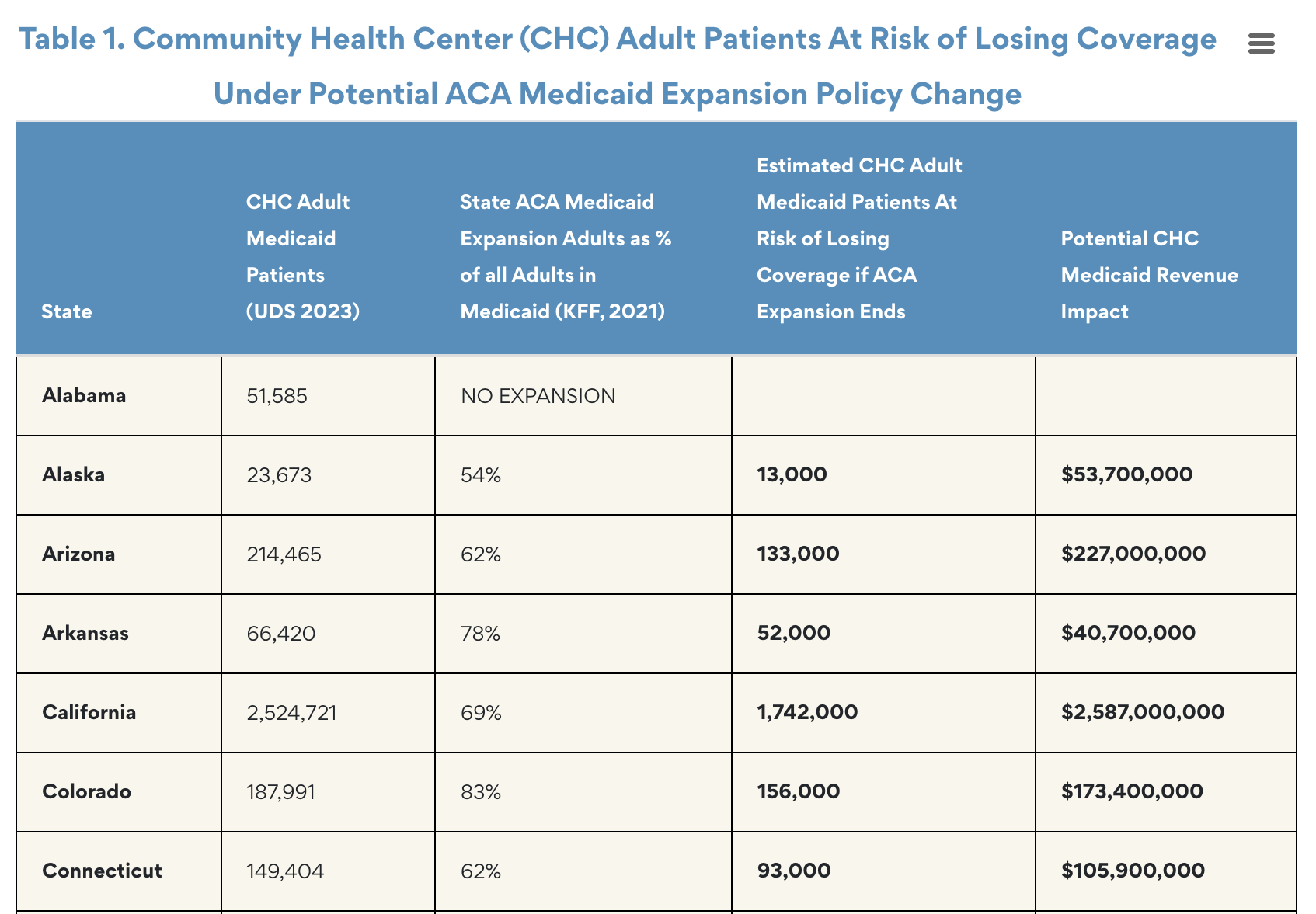Research & Publications
RESEARCH & PUBLICATIONS
Through the Geiger Gibson/RCHN Community Health Foundation Research Collaborative, affiliated faculty and staff engage in wide-ranging research focusing on community health centers and medically underserved communities and populations.
The Research Collaborative's analyses are predicated on the fact that in addition to being an essential source of comprehensive primary health care, community health centers provide a window into the health and health care challenges that confront rural and urban communities whose residents experience elevated poverty and health risks and limited access to primary care.
The Collaborative’s seminal analysis of the cost-effectiveness of community health centers served as a basis for Congressional establishment of the Community Health Center Fund as part of the 2010 Affordable Care Act. Today the Fund accounts for 70 percent of the annual federal community health center grant budget. The Research Collaborative specializes in rapid analysis of the implications of emerging federal and state policies affecting health centers and the populations and communities they serve and has also published numerous studies evaluating the impact of community health centers on access to health care and health outcomes.
The Program has achieved broad public policy recognition because of the range of relevant and timely issues its scholars address. Among the Collaborative’s best-known research are evaluations of the growth of health centers over time and the impact of the Affordable Care Act’s Medicaid expansion, studies that examine the role of community health centers in addressing the social determinants of health, analyses of health centers’ response to the pandemic, and research examining the potential impact of Medicaid reform. The evidence of impact made available through the work of the Research Collaborative played a critical role in the Biden administration’s decision to make community health centers a centerpiece of its response to the COVID-19 pandemic in the nation’s worst-hit communities.
HIGHLIGHTED RESEARCH

73. Widening Holes in the Safety Net: Community Health Centers at Risk
November 2025





